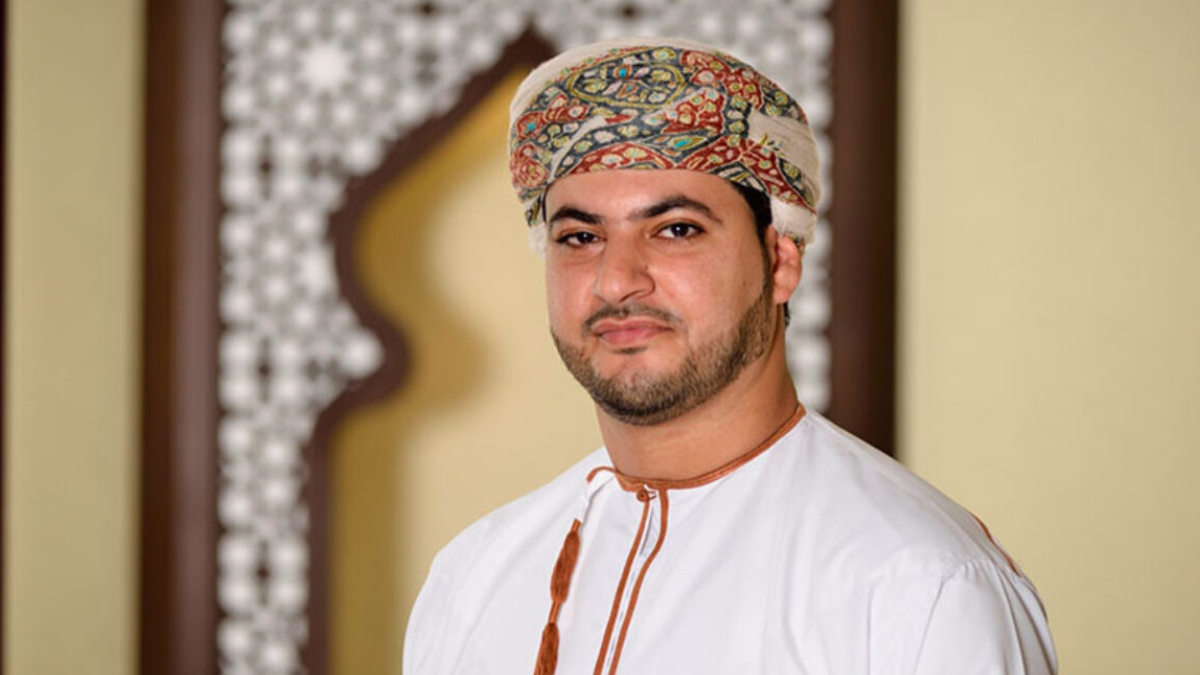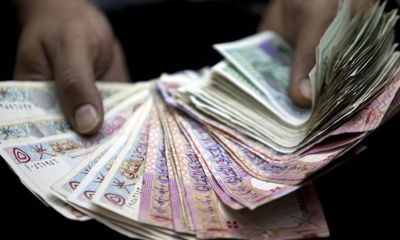Oman’s transformative Vision 2040 is witnessing remarkable progress, with the Ministry of Transport, Communications, and Information Technology spearheading over 240 projects under 19 comprehensive programs. Dr. Saif bin Said Al Sinani, Director General of Planning at the ministry, revealed the depth and breadth of this forward-looking initiative, signifying Oman’s commitment to economic evolution and technological advancement.
The comprehensive effort encompasses 35 investment projects and initiatives that intricately intertwine economic diversification, financial sustainability, private sector involvement, investments, and global cooperation. Dr. Saif bin Said Al Sinani emphasized the overarching goal: “These projects and initiatives are designed to attract investments and enhance revenue streams across transport, logistics, communications, and information technology sectors.”
Among the range of projects and initiatives, pivotal focus lies on constructing essential infrastructure through partnerships with private entities in the transport sector, including specialized ports and road systems. Additionally, ongoing operation enhancements at key ports like Khasab, Shinas, Al Suwaiq, and Dhalkut aim to optimize marine and land services.
Al Sinani underlined that these endeavors are bound by measurable key performance indicators that undergo regular assessments. This methodology ensures alignment with the core priorities of economic diversification, fiscal sustainability, and the creation of robust job opportunities.
Roadway Reshaping and Legislative Leaps
Oman’s current five-year development plan allocates OMR890 million to ongoing road projects. Al Sinani stated, “Our current priority is the seamless completion of ongoing road projects, integral to the development of sustainable cities envisaged by Oman Vision 2040.” Notable projects include the Al Sharqiyah Expressway, Al Batinah Expressway, Adam–Haima-Thumrait Road, Al Abailah-Al Fayadh Road, and Raysut-Al Mughsayl Road.
Progress extends beyond infrastructure, with the ministry actively orchestrating the execution of over 30 draft laws and legislations. These encompass essential aspects such as administrative governance, resource management, and project oversight. Al Sinani elucidated, “The aim is to achieve effective governance and streamline sectors within the purview of the Ministry of Transport, Communications, and Information Technology.”
Significant legal advancements include the revision of the marine law, Oman’s Roads Law, regulations in the marine sector, communications and information technology regulations, laws combating information technology crimes, and statutes governing postal services. These legal updates position Oman’s technological and governance landscape on a robust trajectory.
Al Sinani highlighted the collaborative efforts between the Ministry of Transport, Communications, and Information Technology, the Ministry of Labour, and various government and private sector entities. These initiatives are forging a skilled national workforce proficient in marine operations, digital industries, fourth industrial revolution technologies, artificial intelligence, and space science.
Also Read: Decades of Assessment: The North Atlantic Deep-Water Formation Slowdown and Climate Change
Integral to Oman Vision 2040’s framework, the Ministry of Transport, Communications, and Information Technology is pioneering job opportunities across sectors such as land transport, sea transport, and information technology. The emphasis on job creation aligns seamlessly with the overarching vision of Oman’s journey towards a sustainable and technologically-empowered future.






















